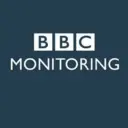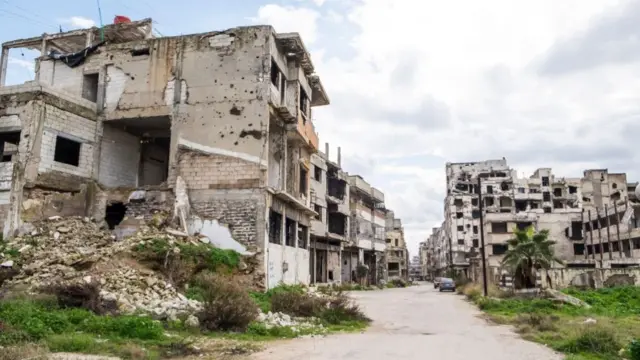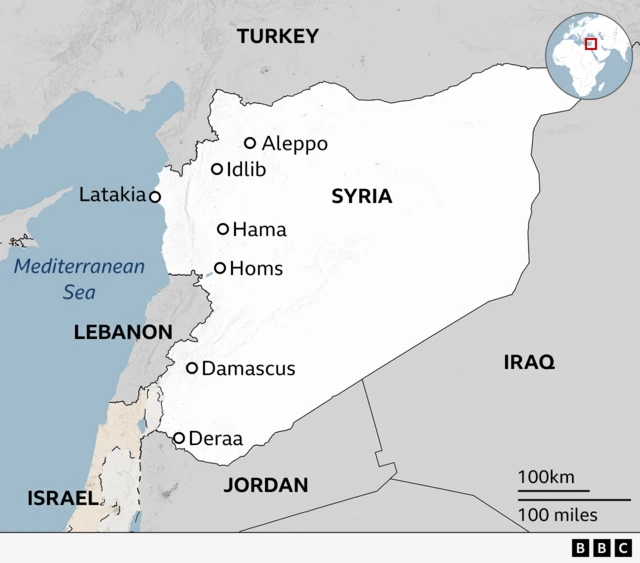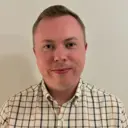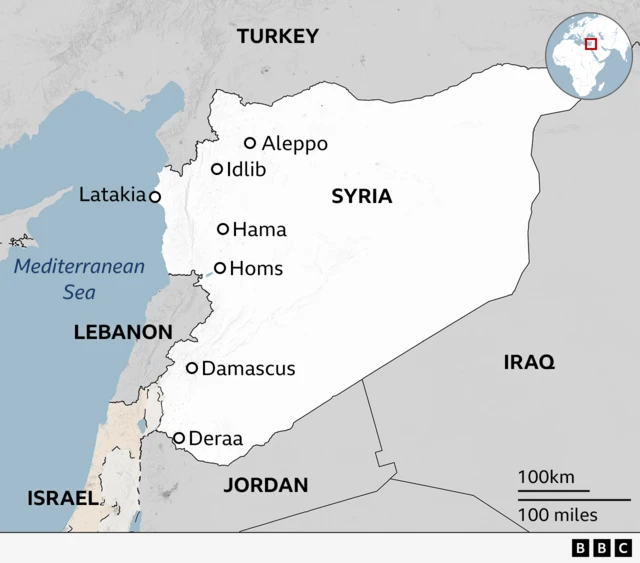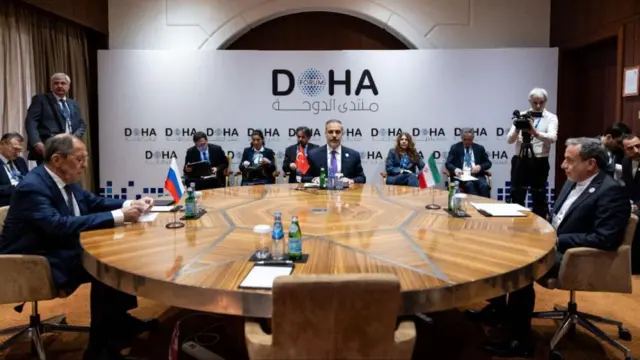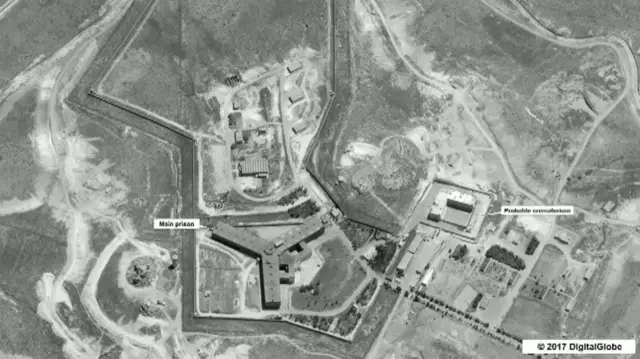Residents report gunfire in Damascuspublished at 01:20 GMT 8 December 2024
We are getting reports in of fighting in the city of Damascus, which has reportedly been surrounded by rebel forces.
One resident told CNN that rebel fighters were in the neighbourhood of Barzeh and said that clashes were taking place.
"The electricity is cut off, and the internet is very weak, people are staying at their houses," the person is quoted as saying.
Reuters says it has spoken to two people, who have reported intense sounds of shooting - although it was not immediately clear where this was coming from.
As a reminder, about two hours ago rebels from the Islamist HTS group said they had taken full control of the city of Homs to the north of Damascus. Earlier in the day they said rebels were beginning to encircle the capital.
HTS began its offensive about a week-and-a-half ago and have taken control of several major cities since then.
